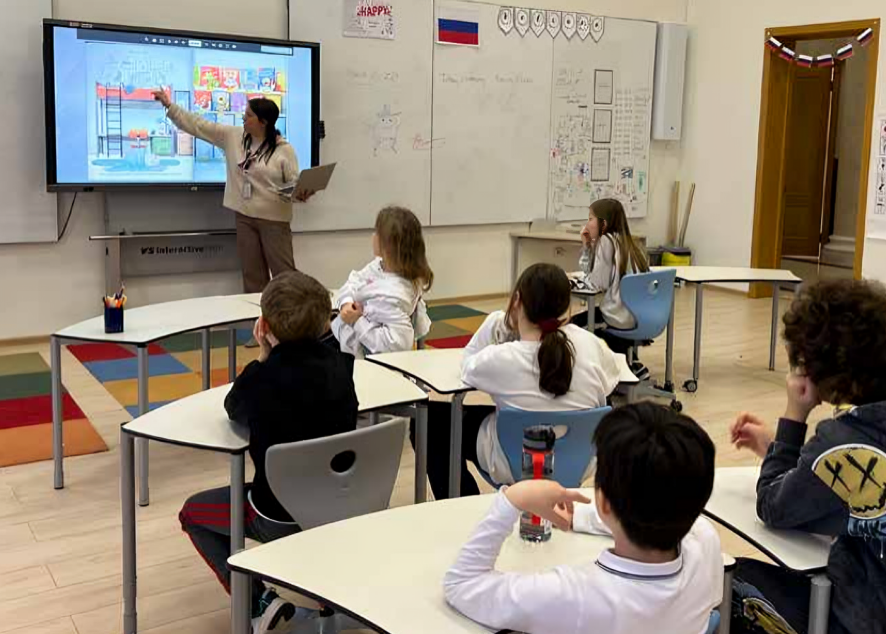As you may know, growth mindset, a term used by Carol Dweck (2006) is the belief that intelligence can be developed through effort and hard work. This contrasts with a fixed mindset, which believes that intelligence is fixed and cannot be changed.
This can lead students to give up easily when they face challenges, because they believe that they are not smart enough to succeed. I have found that growth mindset is particularly important for students learning a language (yes, I’m blushing as I write). Vocabulary, Grammar and Literature often involve complex concepts and ideas, and students may feel discouraged if they do not understand everything right away. However, with a growth mindset, students can learn to embrace challenges and see them as opportunities for learning. As teachers, we do our best to be coherent and practice what we teach. Here are some of the ways I use growth mindset in my classes:
- Praise students for their effort, not just their intelligence. When students do well on an assignment, I make sure to praise them for their hard work and effort. I avoid praising them for being "smart" or "intelligent." This helps students to understand that intelligence is not fixed, but rather something that can be developed through effort.
- Encourage students to take risks and make mistakes. I work to create a classroom environment where students feel comfortable taking risks and making mistakes. I let them know that it is okay to not know everything and that mistakes are a natural part of the learning process. This helps students to develop a growth mindset and to be more willing to try new things.
- Help students to set realistic goals. I work with students to set realistic goals for themselves. I help them to break down large goals into smaller, more manageable steps. This helps students to stay motivated and to see that they are making progress.
- Provide students with feedback that is specific and actionable. When I give students feedback, I make sure that it is specific and actionable. I avoid giving vague feedback, such as "good job" or "nice work." Instead, I provide students with specific feedback on what they did well and what they could improve on. This helps students to understand what they need to do to improve their work.
- And my favorite, the one I repeat to myself…‘Yet!’.
The word "yet." I would often say things like "You can't do that yet, but I know that you can learn." This helped my students to understand that they did not have to be perfect right away. They could still achieve their goals, even if they had to work hard to get there. Over time, I began to see a change in my students. They were more willing to take risks and try new things. They were also more persistent in the face of challenges. I knew that I was on the right track. And I even got an unexpected, but wonderful surprise.
After completing a very challenging teaching project, my co-teacher came up to me to discuss everything that had been successful and all the opportunities to improve. She did not give up but right away started thinking on how to make it better next time! When I told her “That is Growth Mindset!” she smiled and looked almost as proud as I did. In the context of language learning, growth mindset has proven to be particularly beneficial. By encouraging students to view challenges as opportunities for growth, teachers can help them overcome the inevitable setbacks that arise when learning a new language. Moreover, growth mindset promotes a focus on effort and improvement, rather than solely on innate ability, which can boost students' confidence and motivation.
As we have seen, by encouraging students to view challenges as opportunities for growth, teachers can help them overcome the inevitable setbacks that arise when learning a new language. Moreover, growth mindset promotes a focus on effort and improvement, rather than solely on innate ability, which can boost students' confidence and motivation.
In conclusion, growth mindset is an essential tool for educators and language learners alike. By embracing the belief that intelligence is malleable and that effort and perseverance can lead to success, we can unlock the potential for transformative learning experiences. And so, I continue going to my Russian lessons and participating because there is so much more, I still don’t understand...yet!
Margarita Calderón
Primary teacher




